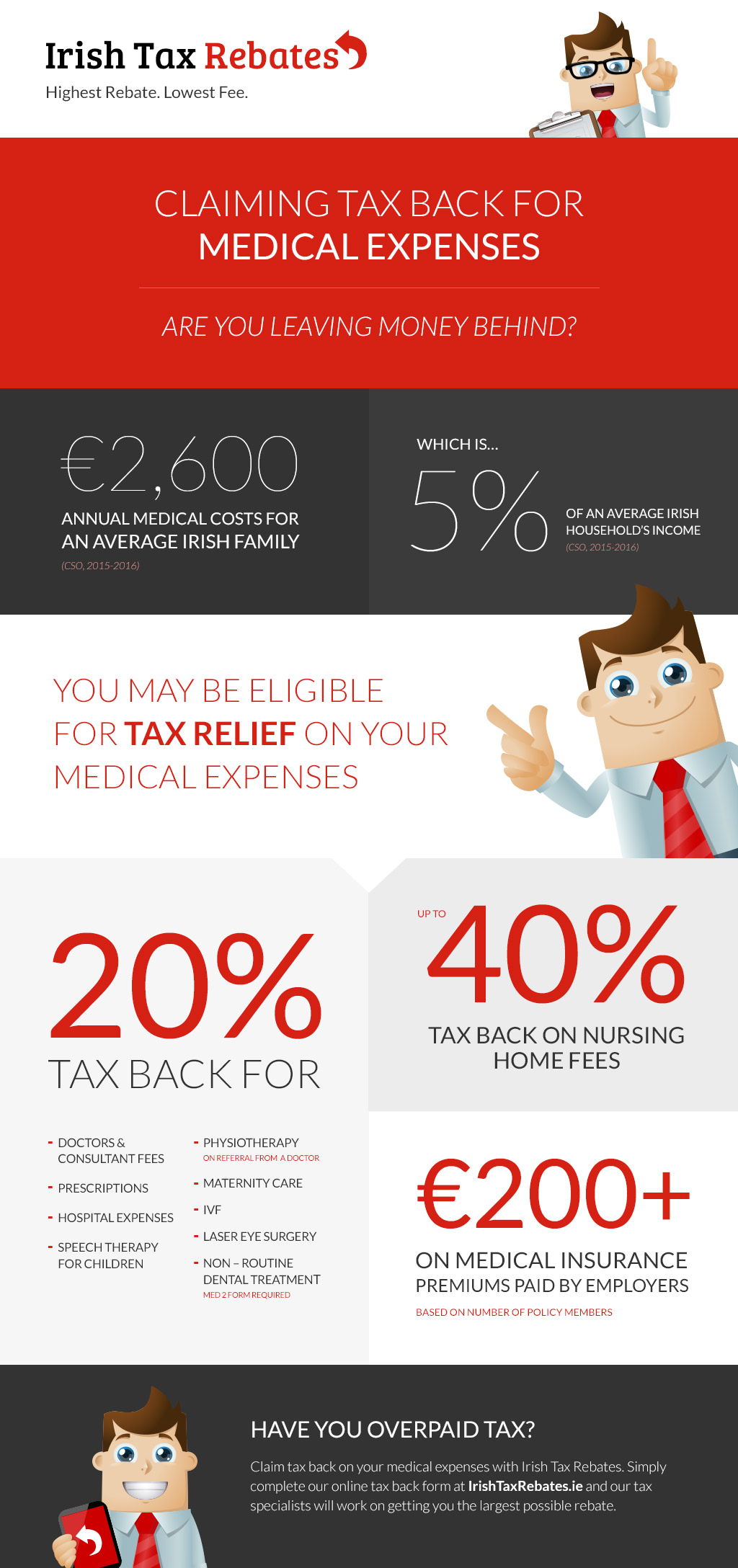The Complete FAQ On Refractive Lens Exchange: Whatever You Should Hear From Regarding
The Complete FAQ On Refractive Lens Exchange: Whatever You Should Hear From Regarding
Blog Article
Web Content By-Lauesen Rodgers
If you're taking into consideration refractive lens exchange, you probably have a great deal of inquiries. This procedure could transform exactly how you see the globe, offering advantages like reduced dependancy on glasses. Nevertheless, it's essential to comprehend the process, risks, and who qualifies as an excellent prospect. Let's discover these important elements so you can make an enlightened decision concerning whether RLE is right for you.
What Is Refractive Lens Exchange and Exactly How Does It Work?
Refractive lens exchange (RLE) is an operation designed to change your eye's natural lens with a fabricated one, fixing vision problems like nearsightedness, farsightedness, or presbyopia.
During the procedure, your surgeon makes a tiny incision in the eye, eliminates your natural lens, and inserts an intraocular lens (IOL) tailored to your vision needs. This outpatient surgical procedure normally takes around 15 to 30 minutes per eye and is performed under local anesthesia.
You'll likely notice improvements in your vision almost immediately, though complete healing might take a few weeks. RLE is especially useful for those over 40 or with high prescriptions, supplying a durable option contrasted to glasses or call lenses.
Your eye treatment specialist can help establish if RLE is right for you.
What Are the Advantages and Risks of Refractive Lens Exchange?
Choosing refractive lens exchange can lead to substantial renovations in your vision, but it is necessary to weigh both the advantages and dangers before deciding.
On the bonus side, this procedure can improve your eyesight by fixing problems like presbyopia, myopia, and hyperopia. website link of people appreciate decreased reliance on glasses or call lenses, which can greatly improve their lifestyle.
However, it's critical to take into consideration prospective threats. Complications can consist of infection, glow, or halos around lights.
There's likewise a chance of overcorrection or undercorrection, which might need additional treatments.
Who Is a Suitable Prospect for Refractive Lens Exchange?
If you're thinking about refractive lens exchange, it is essential to know whether you fit the profile of an optimal candidate. Typically, Suggested Web site might be a great prospect if you're over 40, experience presbyopia, or have high degrees of nearsightedness or farsightedness.
It's also essential that your vision is stable, meaning your prescription hasn't transformed significantly in the past year. If you have cataracts or various other eye problems, you could take advantage of this procedure as well.
Nonetheless, particular elements, like uncontrolled diabetes or autoimmune conditions, could invalidate you. To identify your candidateship, seek advice from an eye care expert who can review your certain circumstance and recommend the best course of action tailored to your needs.
Conclusion
Finally, refractive lens exchange can be a transformative choice for enhancing your vision, especially if you're over 40 or have a high prescription. While the advantages are significant, it's vital to weigh the dangers and speak with your eye care professional to identify if you're a suitable prospect. With the best information and advice, you can make an educated choice and perhaps appreciate a life with minimized dependence on glasses.
